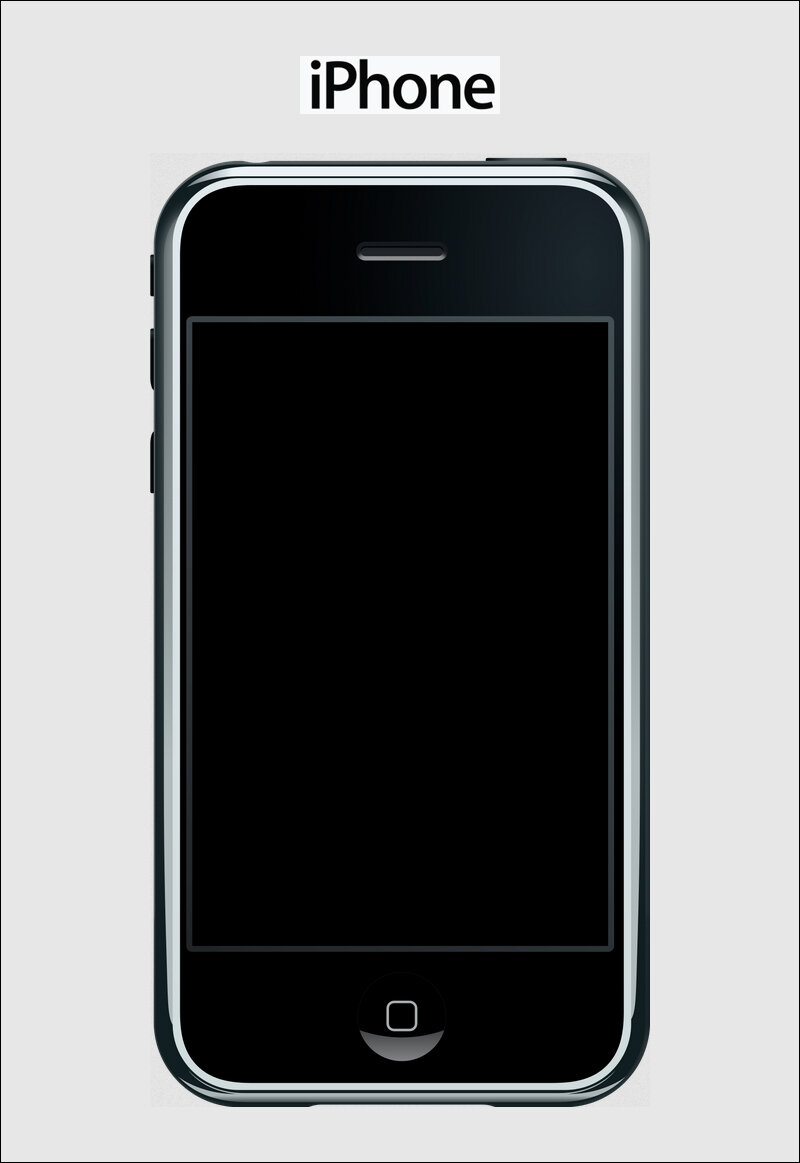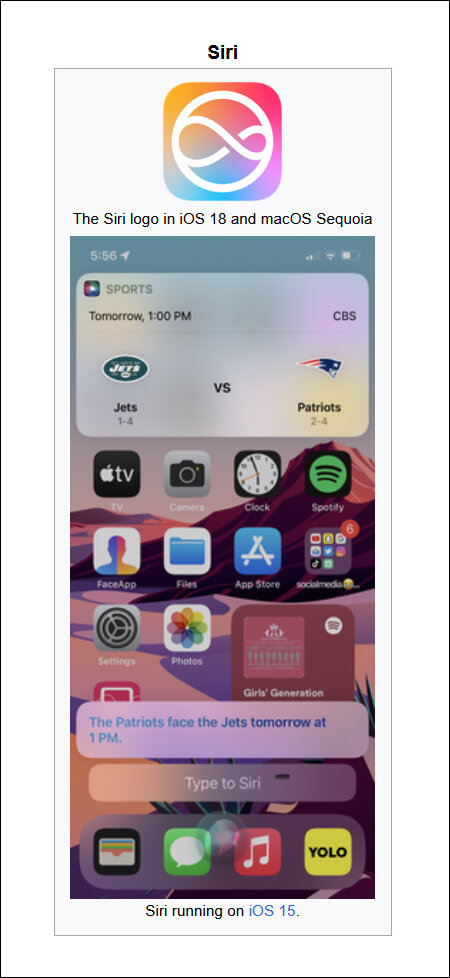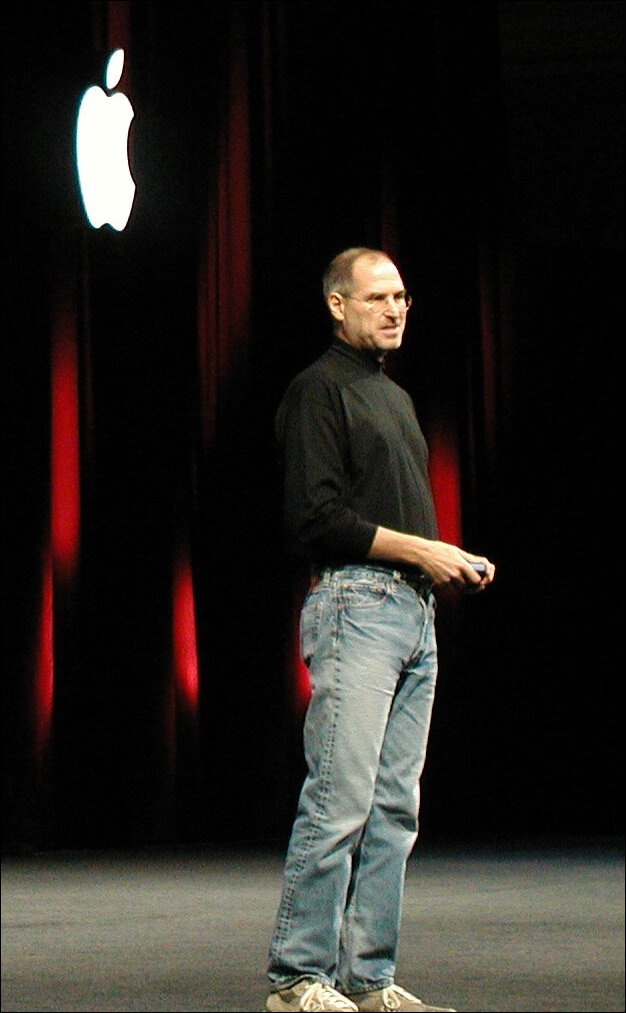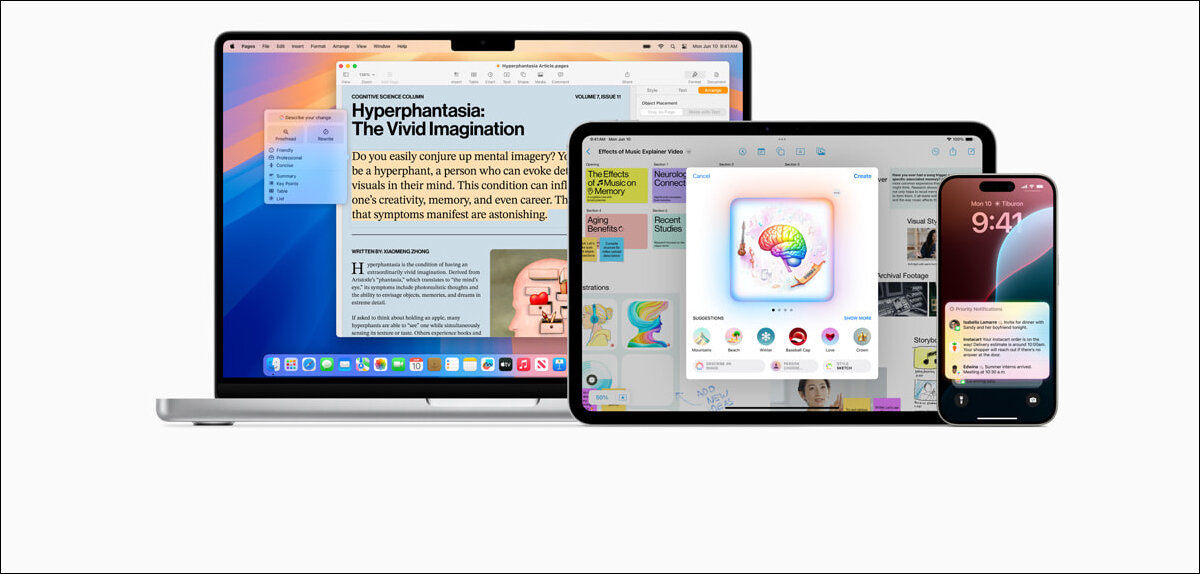Apple joined the AI bandwagon by integrating OpenAI’s offering in their operating system, but is it the right approach, asks Satyen K. Bordoloi as he analyses if this is the iAI we’ve all been waiting for.
On October 5, 2011, Steve Jobs succumbed to cancer. However, a day earlier he had overseen the launch of Siri, which Jobs wanted to be more than a voice on all Apple products. What is a voice without a brain? But as I have argued earlier, Jobs was hedging his bets on developing AI to go with Siri. Siri was always supposed to be Apple’s AI offering.
However, it took another 13 years for Apple to have its true iAI moment. On June 11, Apple announced they would take AI to millions of phones worldwide through their iOS 18 operating system. Though AI has been used in phones since the early 2010s, this will be the first large-scale push and thus adoption of AI at a personal level. Apple is calling it ‘Personal Intelligence’ and their offering as ‘Apple Intelligence’, smartly meant to match the sobriquet of Artificial Intelligence.
One problem with calling it Apple Intelligence is that it’s not entirely Apple’s. They are integrating OpenAI’s ChatGPT into their system. Though Apple is touting is as a victory, this actually signifies a huge lost opportunity.
First, let’s understand what Apple’s AI is.

WHAT IS APPLE INTELLIGENCE:
Apple previewed their iOS 18 mobile operating system at its annual developers’ conference. When it is available on compatible models by the end of the year, the phones will truly become AI phones from the ground up and not just the surface level as all phones are today. Apple – the company that brought touchscreens and seamless internet into one phone, thinks this will be like the first iPhone launch moment, 17 years ago.
But AI already exists on phones, including iPhones. So, what is this, then? As many analysts have pointed out correctly, Apple – having lost the first many AI waves – hopes to play catch-up to the other tech giants now that AI has become not a choice, but an inevitability. However, no matter how many tweaks they make to OpenAI’s AI systems to integrate it into their operating system, it’ll still be someone else’s AI that Apple would be using and deceptively branding it all as their own.

THE iAI WE’RE STILL WAITING FOR:
“You’ve got to start with the customer experience and work backwards to the technology,” this one line by Steve Jobs, sums up his entire product philosophy. That is why almost all his offerings began with an ‘I’, iPod, iPhone, iPad etc. Hence, when he acquired the voice assistant Siri, and just a day before his death saw its launch, he was thinking of it as a consumer experience product. He saw Siri as a voice that would talk with Apple customers through their products and become almost like the character of Scarlett Johansson in the film ‘Her’ – a personal assistant. Siri, in essence, was supposed to be iAI. The iAI launched on June 11, has been named Apple Intelligence instead.
WHY APPLE COULD HAVE BEEN THE BIGGEST AI COMPANY:
Jobs could smell the AI revolution coming, and hence it was a huge loss for the world when he passed away right at the cusp of it. Tim Cook is perhaps the greatest manager in the world, but he is nowhere close to Jobs when it comes to creating products. As I mentioned earlier, Jobs’ focus has always been customer experience. AI and the chatbots with AI that have been created are exactly the kind of personalized experience Jobs wanted to serve his customers.
Secondly, what most people don’t realise about AI, is that it is not just about software. It is the hardware that makes AI possible. The principles of AI are as old as computing as it was the father of computing, Alan Turing, who also drafted the principles of AI. Indeed, he saw AI as the destination computing was to head towards. But AI never reached its potential for one simple reason: hardware. AI is often nothing but extreme computing that needs extreme computational power and energy. However, things have been moving fast in the new millennium.
Take this simple illustration. The 1997 supercomputer Deep Blue, which defeated world chess champion Garry Kasparov, had 720 million transistors inside. The Apple iPhone 13 in 2022 with the first A15 bionic chip had 15 billion transistors. Thus, in a quarter-century, consumers carried 21 times the power of a supercomputer in their pockets. You needed a supercomputer to run AI in the last century. Today, everyone carries dozens of supercomputers in their pockets.
The one company which, right from its inception, has been into consumer hardware more than any other, is Apple. For half a century, they have led the consumer product revolution. Thus, AI, if it ever should have had the perfect home, it would have been Apple. However, the death of Jobs put an end to that dream.

HOW APPLE COULD STILL MAKE A DENT IN THE AI MARKETPLACE:
A lot of the work in AI has already been done. A lot of the code is open source. Many data packages are available for anyone to use as they see fit, and make it their own. A thousand garage startups are already running in garages across the world. They’ll shape different aspects of the multi-faceted AI future. These are women and men driven to create the next cutting-edge AI application, struggling to find GPUs to run their code fast enough for them to experiment. I work with one such company. Hence, there is no reason to believe that what a dedicated bunch of engineers in Memphis or Mumbai are currently figuring out, Apple with its endless resources can’t. It might have lost the first few AI battles; but it’s not yet lost the AI war.
And they need to look nowhere else but to Steve Jobs for inspiration. The first iPhone’s strength was not its camera, wireless internet, touchscreen, coloured screen, computing capabilities etc. All these, and the smartphone, already existed in the world.
Yet, the reason why iPhone owned the marketplace, was because they put all these into one device, in a form and use factor that was extremely useful to people and thus solved problems people didn’t even know needed to be solved. That was the magic of the iPhone. What it can still do, is the same. Google may have invented the transformer technology that powers most AI. OpenAI might have got a lot right with their AI offerings. Yet, the one place where Apple can still win is in becoming a Personal AI company, again something which I have written extensively in the past.
The future of AI is both software and hardware. The perfect home for AI is a company that does both, and no one does both together better than Apple. Whether Apple realizes that it could own its own AI, or it’ll continue to piggyback others’ AI offerings on their hardware, only time will tell. But the day Apple awakens to the conclusion that OpenAI needs Apple much more than Apple needs them is the day we will see the real birth of Apple’s AI, not as the cheeky Apple Intelligence, but it’s very own iAI.

